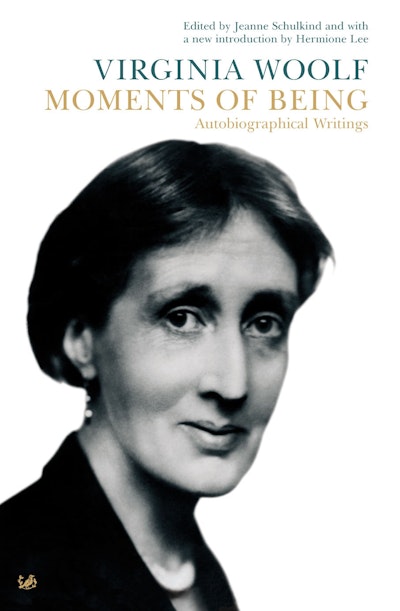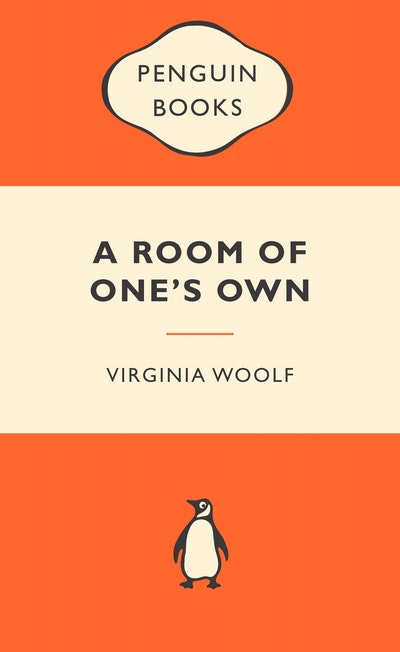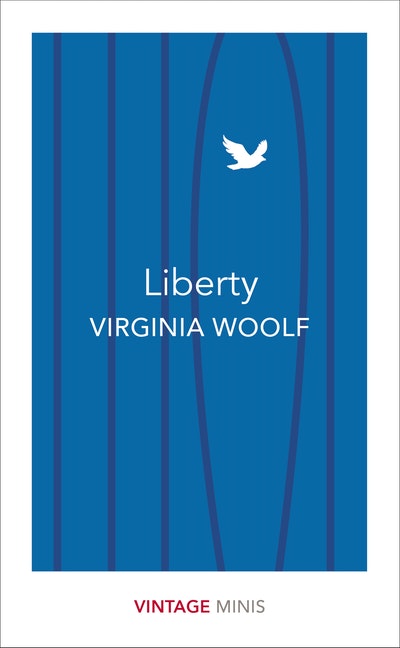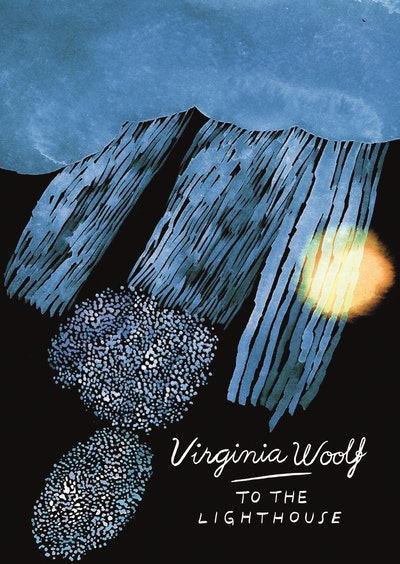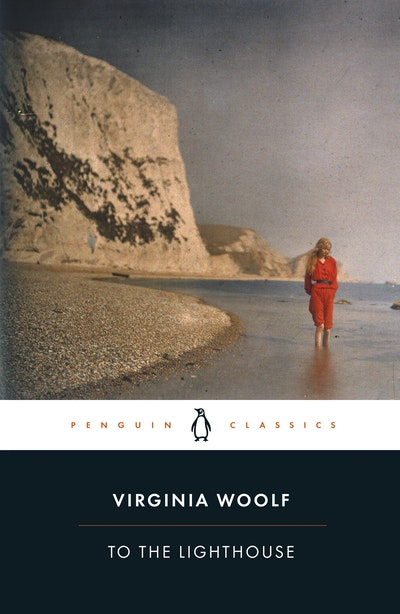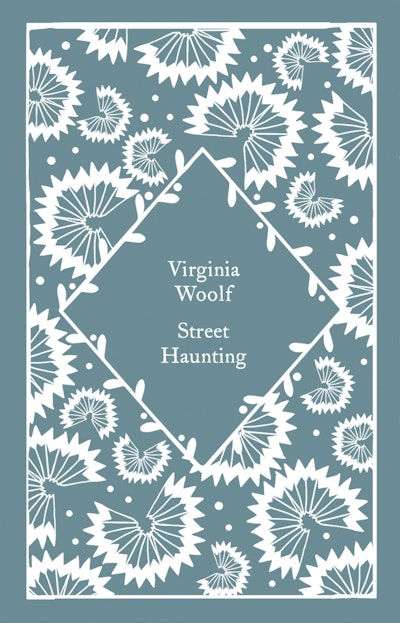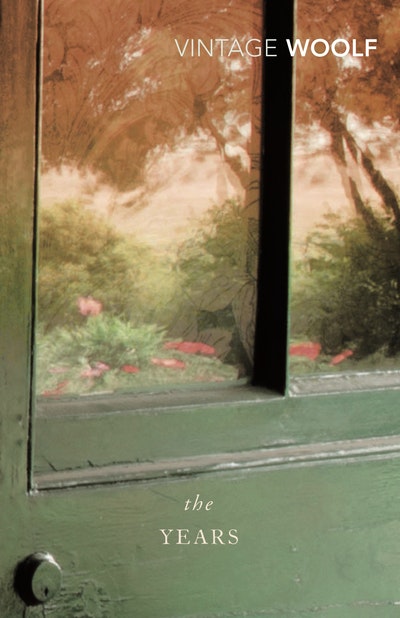[]
- Published: 1 November 2002
- ISBN: 9780712646185
- Imprint: Pimlico
- Format: Trade Paperback
- Pages: 208
- RRP: $36.99
Moments Of Being
Formats & editions
Buy from…
- Published: 1 November 2002
- ISBN: 9780712646185
- Imprint: Pimlico
- Format: Trade Paperback
- Pages: 208
- RRP: $36.99
One might think, from the heaps of books, that the bones of Bloomsbury had been by now well and truly disinterred...But one would be wrong, for Moments of Being is a real delight
Jan Marsh, Daily Telegraph
Of fascinating importance, because they are Virginia's only known autobiographical writings
John Lehmann, Sunday Telegraph
The book must appeal to anyone interested in Virginia Woolf and her circle
Derek Parker, The Times
Her manner of recall contains all those surprises and felicities of language we have come to expect when she writes, as it were, with her elbows on the table
Richard Shone, Spectator
